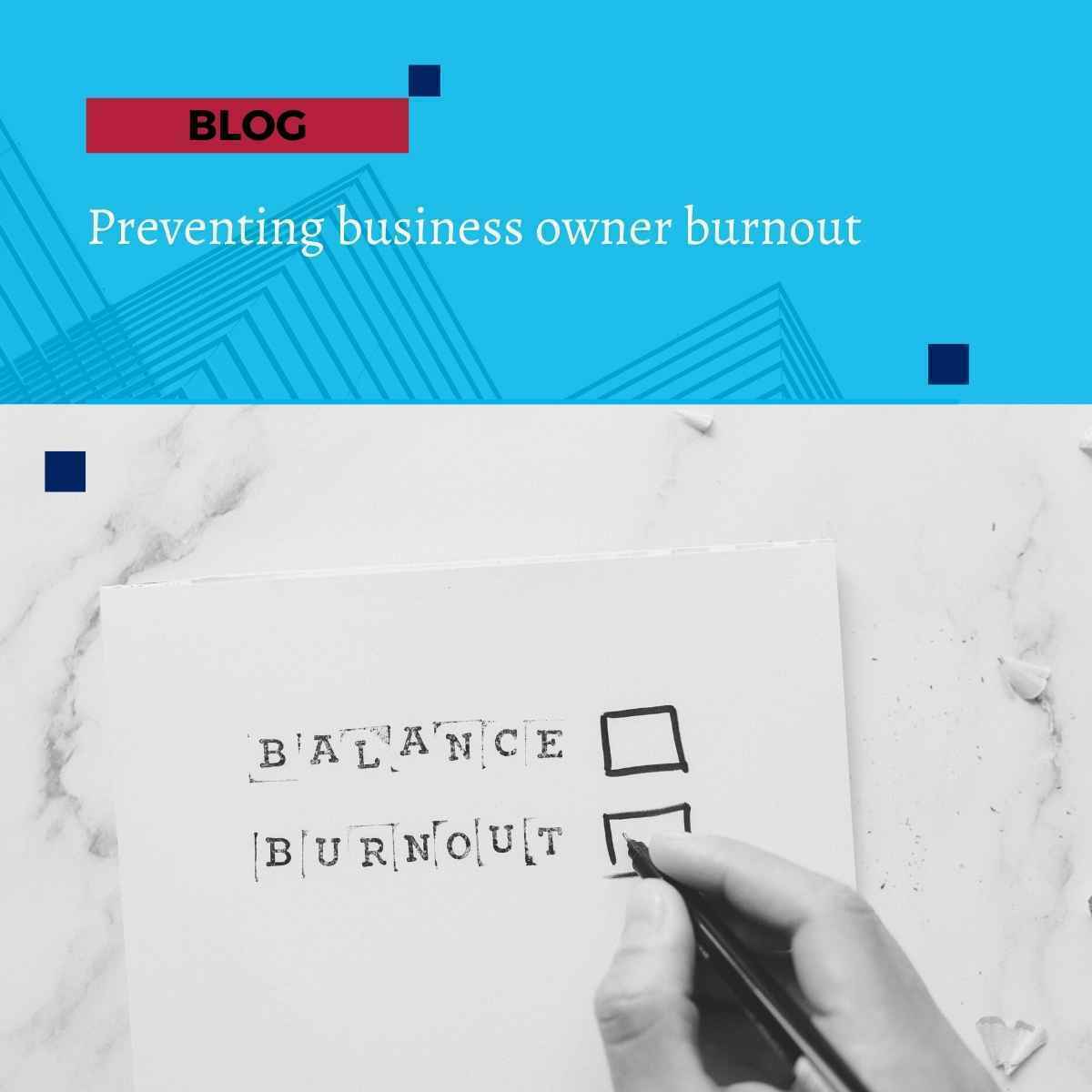
Ideas on how to throw a last-minute Christmas party
Ideas on how to throw a last-minute Christmas party
Maybe it’s been an extremely busy month. Maybe you’ve just run out of time. Whatever the reason, if you need to arrange a last-minute festive party for your business, we’ve got the tips you need.
Unfortunately, you’ll probably find that venues and activities book up early. So, you’ll need to be inventive. Here are a few ideas for fun team activities that will make your party an event to remember!
Throw a breakfast at work- champagne optional!
A festive breakfast is a great way to start one of the last working days of the year. Bring in fruit, croissants (don’t forget a gluten-free option!), and organise a coffee run. It’s a simple and fun way to ring in the holidays. And the best part is... your staff may be very thankful not to have to give up an evening during the busy festive period.
Spend time with a charity
Food banks and other charities are under considerable strain during this time of year, and donating your time can make a real difference. Do some research on events for your team, whether it’s building and painting a playhouse for a kindergarten or making a lunch to feed a child. Check out local charities that make meals for families in need. Wind down afterwards with a drink or two and a feeling of goodwill.
Create a really amazing race
A good old scavenger hunt turns your whole city into your party venue! Teams compete to win a series of challenges while having fun together. It could be photos at a specific landmark, buying a festive hat or busking! Split people up into new groups so they also use this time to get to know one another better. Capture all the fun on social media throughout the day, and make sure you’ve got food and drinks on hand at the last meeting point.
Head to the park
Whether your team are into social sports, or more likely to want to relax on a picnic blanket, you’ll be able to please everyone with an afternoon at the park. Invite kids and dogs to join, and don’t forget to arrange for an ice-cream van to swing by.
Winding down for the end of the year? Take the opportunity to celebrate the years achievements with your team.








